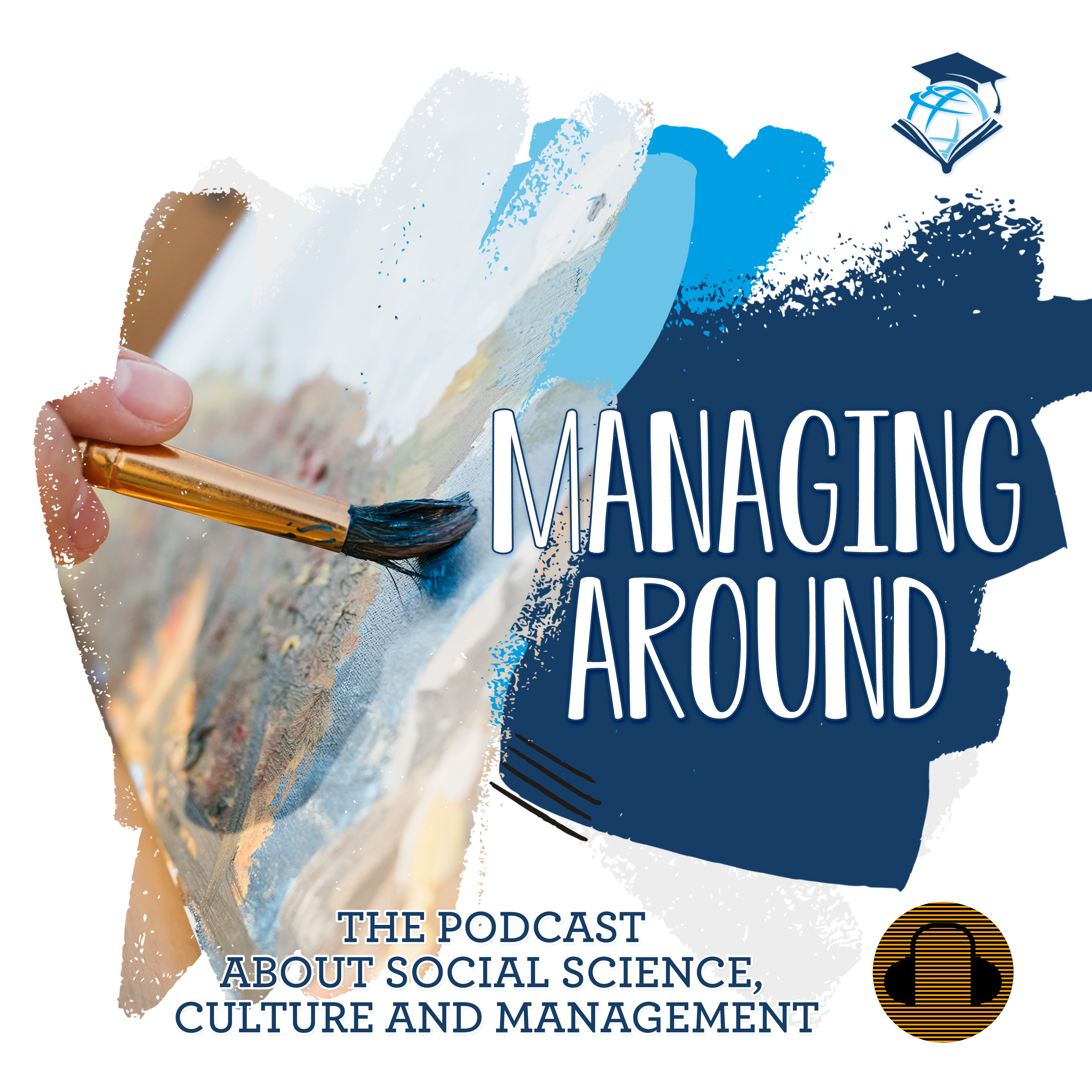Our everyday experiences with learning are often decentralised. For example, we might learn how to do something by doing it ourselves or asking for help from a friend. We may also use digital learning spaces on the internet or via apps on our mobile phones to explore and learn about different topics. Digital learning spaces are spaces where learners can access and use a variety of digital tools and resources to help them learn. These spaces can include websites, online courses, video tutorials, and social media platforms. Some of those digital learning spaces are organised as decentralised learning environments. They can be used to supplement traditional classroom instruction or to provide a unique learning experience. In this episode, we will discuss how those decentralised learning environments could be useful for organising your teaching. Firstly, we will start with the question of what decentralised learning environments are. And in the second part, we turn our attention to their advantages and demonstrate how useful they are for teaching and learning in higher education.
For more information, visit my blog: maik-arnold.de Thank you for listening. If you liked this episode, please leave a review on the iTunes / Apple Podcasts website. If you’ve got any thoughts on this episode, or if you’ve got an idea about new podcast topics or questions you’d like us to discuss, send an audio file or voice note to hi@profmanagement.de. For any non-audio comments, drop a tweet or DM to @profmanagement on Twitter or Instagram, please.

